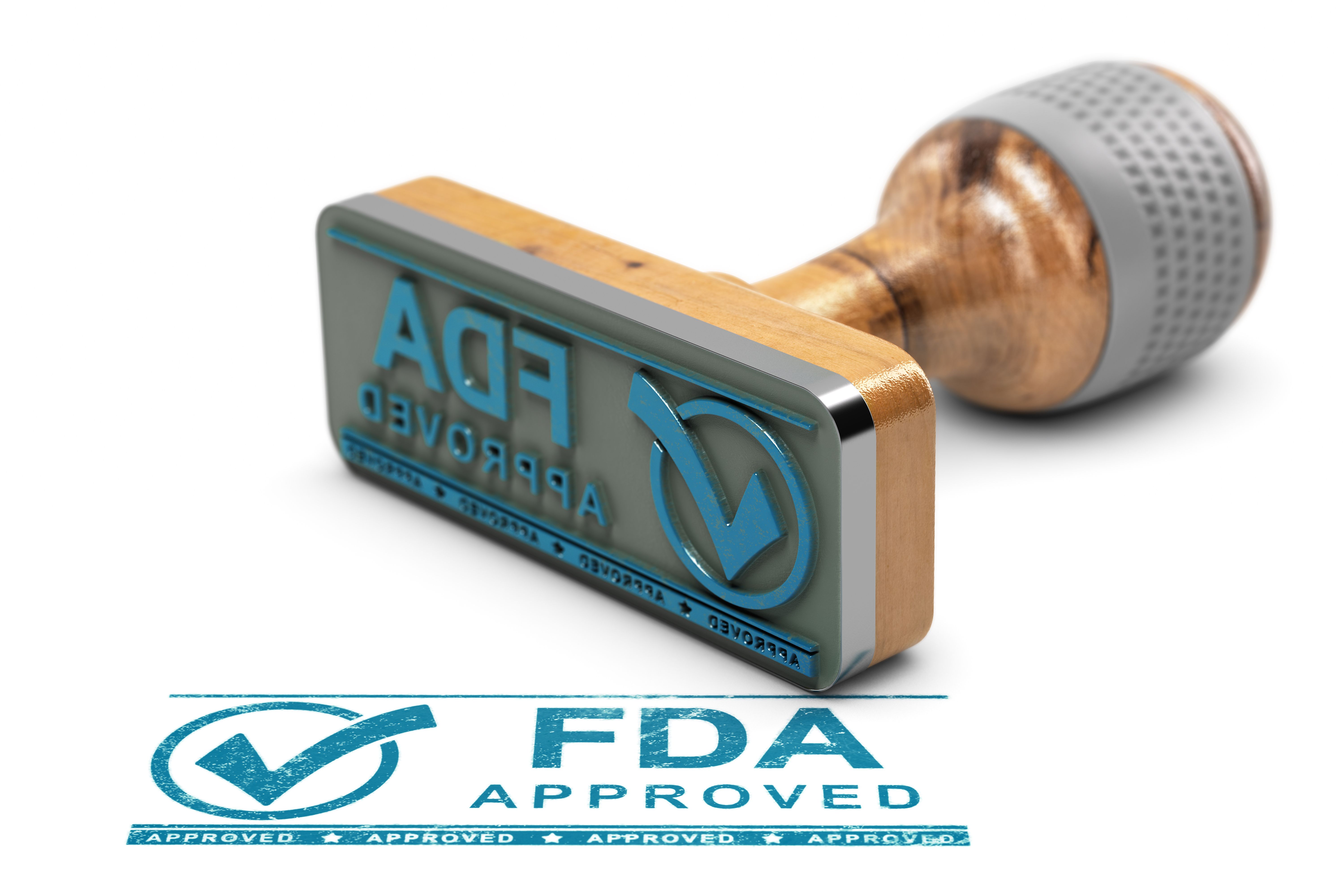Blood
FDA Approves Adzynma for Rare Blood Clotting Disorder cTTP
© stock.adobe.com

Earlier this month, the FDA granted approval to Adzynma, the initial recombinant (genetically engineered) protein product designed for prophylactic (preventive) or on-demand enzyme replacement therapy (ERT) in both adult and pediatric patients facing congenital thrombotic thrombocytopenic purpura (cTTP).
“The FDA remains deeply committed in our efforts to help facilitate the development and approval of safe and effective therapies for patients with rare diseases,” said Peter Marks, M.D., Ph.D., director of the FDA’s Center for Biologics Evaluation and Research, in a press release. “Without treatment, cTTP is ultimately fatal. Today’s approval reflects important progress in the development of much-needed treatment options for patients affected by this life-threatening disorder.”
CTTP is rare hereditary blood clotting disorder stemming from a disease-causing mutation in the ADAMTS13 gene. This gene plays a crucial role in producing the ADAMTS13 enzyme, responsible for regulating blood clotting.
In folks with cTTP, a deficiency in this enzyme leads to the formation of blood clots in small vessels throughout the body. This life-threatening condition, affecting fewer than one thousand people in the United States, typically begins in infancy or early childhood, with some cases emerging in adulthood or during pregnancy.
Symptoms can include severe bleeding episodes, strokes, and organ damage. If left untreated, it can prove fatal.
Current treatment involves prophylactic plasma-based therapy to replenish the deficient ADAMTS13 enzyme and reduce the risk of clotting or bleeding.
Addressing this critical need, Adzynma emerges as a breakthrough solution. It’s a purified recombinant form of the ADAMTS13 enzyme, designed to replace the insufficient levels of the deficient enzyme in cTTP patients.
Administered as an injection, Adzynma serves both as a prophylactic ERT, to prevent disease symptoms, and as on-demand ERT, for acute events. The prophylactic regimen involves bi-weekly intravenous administrations, while on-demand treatment requires daily doses.
Adzynma’s safety and efficacy were confirmed in a global study comparing it to plasma-based therapies in cTTP patients, demonstrating reduced TTP events in prophylactic treatment.
The study also assessed on-demand ERT, revealing Adzynma’s effectiveness in resolving acute and subacute TTP events in both studies.
Common side effects associated with Adzynma include headache, diarrhea, migraine, abdominal pain, nausea, upper respiratory tract infection, dizziness, and vomiting. Notably, no adverse events, including allergic reactions, were observed during Adzynma administration in clinical studies.
This treatment offers hope for individuals battling cTTP, marking a significant stride in addressing the challenges of this life-threatening disorder.
